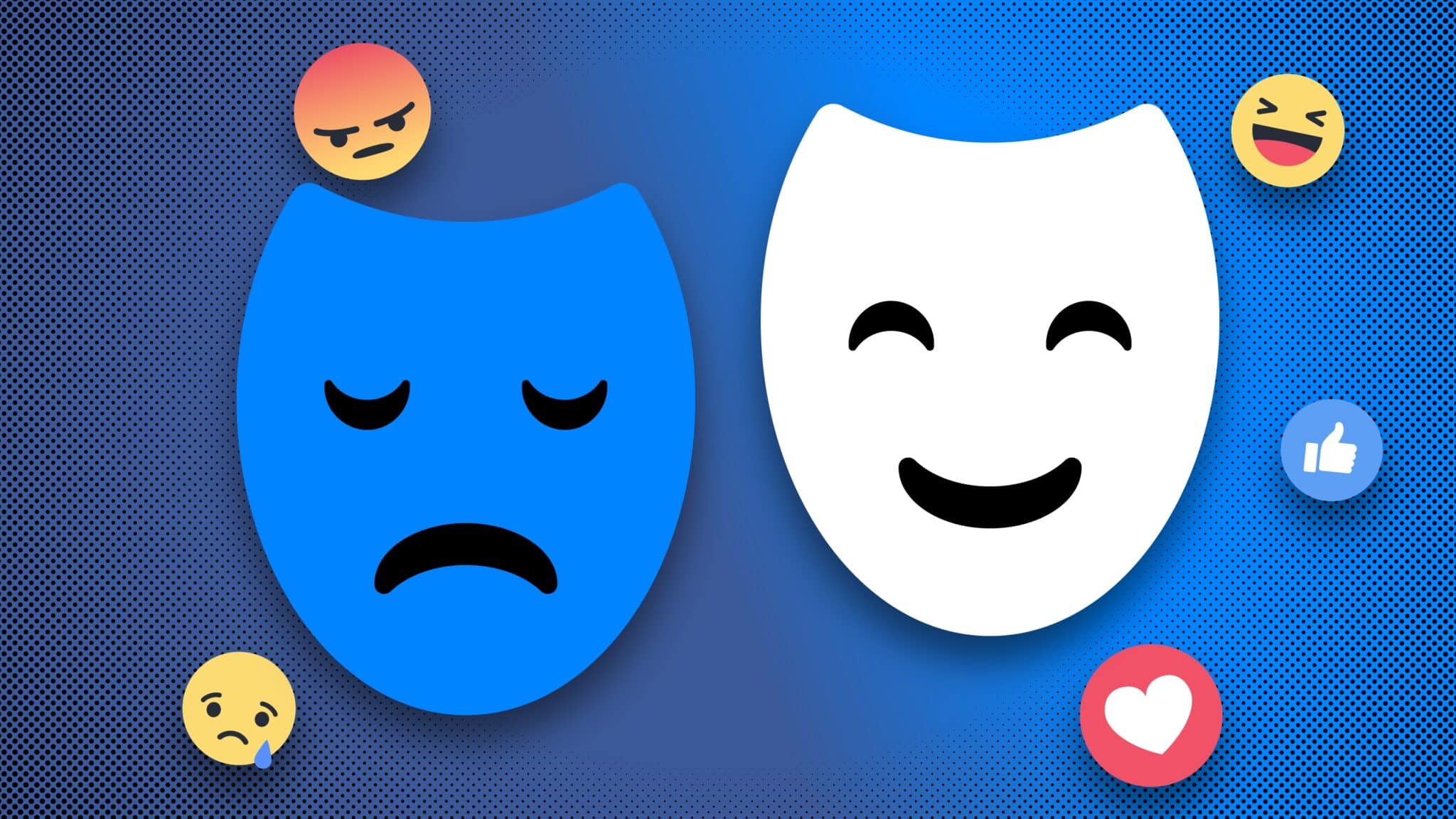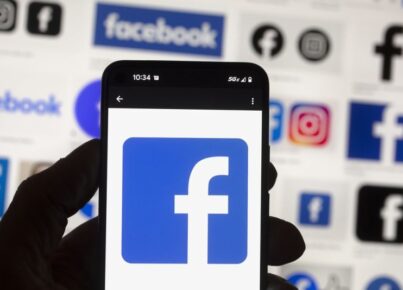Introduction
Facebook is one of the most popular social media platforms, with over 2.8 billion monthly active users as of 2023. While the platform has many benefits, such as connecting with friends and family, promoting businesses, and sharing information, there are also some adverse effects that need to be considered. This article will explore the ways in which Facebook can negatively impact children and young people.
Facebook Good: The Power of Connecting People
In today’s fast-paced world, staying connected with friends, family, and loved ones has never been more important. Fortunately, Facebook has emerged as one of the most powerful platforms for staying connected with people from all over the world. Whether you’re catching up with old friends or building new relationships, Facebook provides an unparalleled opportunity for people to connect and stay in touch.
One of the most notable benefits of Facebook is its ability to facilitate communication and information sharing. The platform allows users to easily send messages, share updates, and post photos and videos with their friends and followers. This level of instant communication has revolutionized the way we connect with others, making it easier than ever to keep in touch with those who matter most.
Another significant advantage of Facebook is its potential for businesses to reach new customers and market their products and services. With millions of active users, Facebook provides a massive platform for businesses to reach new audiences, build brand awareness, and connect with customers in a meaningful way. This has been particularly beneficial for small businesses and startups that might not have the resources to reach a large audience through traditional marketing channels.
In addition to communication and business opportunities, Facebook also provides opportunities for networking and collaboration. The platform makes it easy to join groups, attend events, and connect with people who share your interests, making it a great place to find like-minded individuals and build new relationships. Whether you’re looking to grow your professional network or simply expand your social circle, Facebook offers a wealth of opportunities to connect with others.
Finally, Facebook’s ability to allow for easy sharing of multimedia content such as photos and videos is another significant positive aspect of the platform. From sharing personal moments to creating digital albums, Facebook provides users with an easy and convenient way to store, share, and view their memories. This makes it an excellent tool for preserving memories and staying connected with friends and family.
Facebook has proven to be one of the most powerful platforms for connecting with people from all over the world. From facilitating communication and information sharing to providing business and networking opportunities, Facebook has the power to bring people together in meaningful ways. So, whether you’re looking to stay in touch with old friends or make new connections, Facebook provides a world of possibilities.
Facebook Bad: Adverse Psychological Impacts
Cyber Bullying
Cyber bullying is a form of bullying that takes place online, through platforms like Facebook. It can take many different forms, such as name-calling, spreading rumors, and sharing embarrassing photos. Cyber-bullying can have severe impacts on young people, leading to depression, anxiety, and even suicide. Children and young people may feel like they can’t escape cyber bullying, as it can follow them from school to home and can be difficult to avoid.
Decreased face-to-face communication skills
Facebook and other social media platforms can negatively impact children’s face-to-face communication skills. Children who spend a lot of time online may find it more difficult to engage in real-life conversations, and may struggle with body language and other nonverbal cues. This can have a long-term impact on their social skills, and may affect their ability to form meaningful relationships in the future.
Addiction
Facebook can be addictive, especially for children and young people who are still developing their self-control and decision-making skills. Children who spend a lot of time on Facebook may find it difficult to balance their time between the platform and other activities, such as schoolwork and physical exercise. This can lead to decreased academic performance, and can also have negative impacts on their physical health.
Negative body image
Facebook can also have negative impacts on children’s body image. Children and young people may compare themselves to others on the platform and feel like they don’t measure up. This can lead to feelings of low self-esteem and body shaming, which can have serious impacts on their mental health.
Increased exposure to inappropriate content
Facebook is not always suitable for children, and there is a risk of exposure to inappropriate content such as violence, sexual content, and hate speech. Children and young people may also be exposed to online predators, who may use the platform to groom and exploit them.
Conclusion
In conclusion, while Facebook has many benefits, it is important to be aware of its adverse effects, especially on children and young people. Parents, educators, and other adults need to be proactive in monitoring and managing children’s use of the platform, and in educating them about the risks associated with social media. By taking these steps, we can help ensure that children have positive experiences online and are protected from potential harm.
Want to learn more about the physiological effects of Facebook, we recommend the following: The Psychology of Facebook





You must be logged in to post a comment.